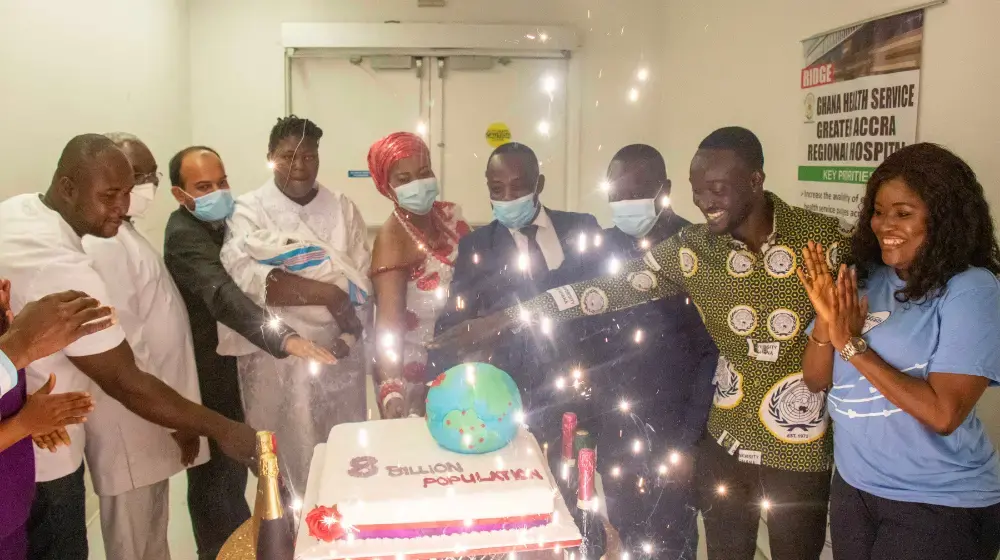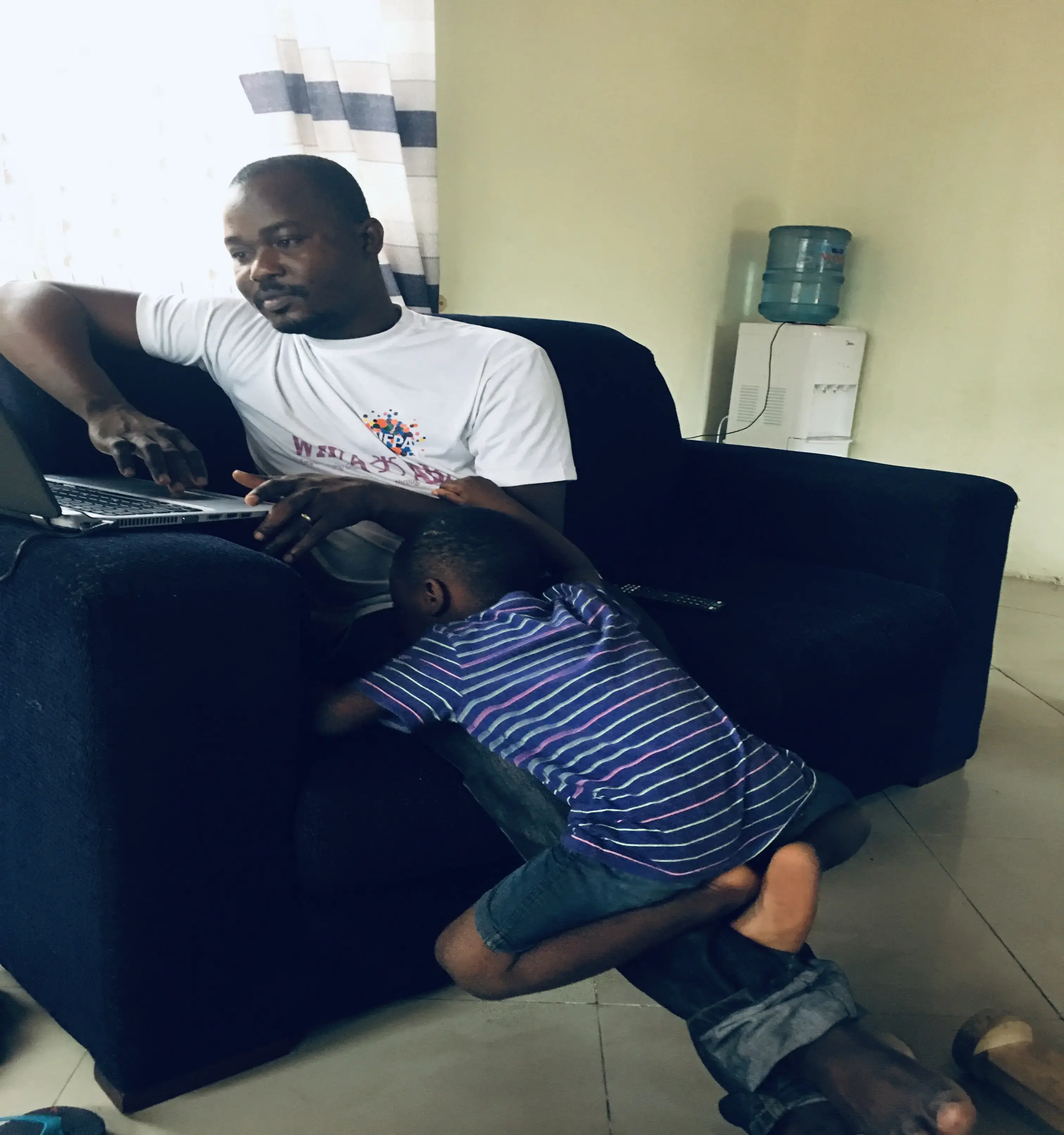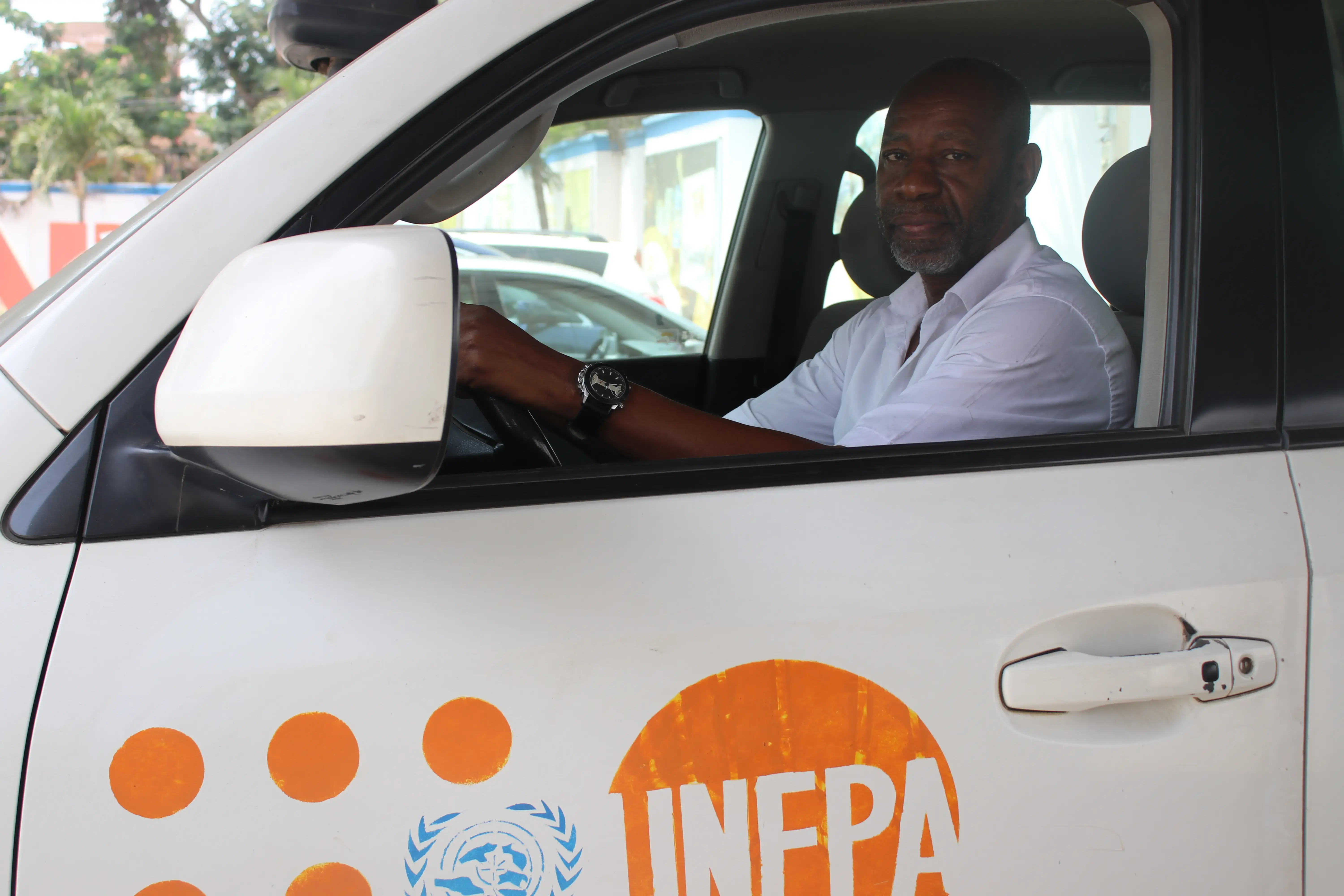UNFPA Press Release 001
May 23, 2013
United Nations marks first International Day of Fistula calling for concerted efforts to help victims in Ghana
Accra - On the occasion of the first International Day of Fistula, the Ministry of Health, Ghana Health Service, Ministry of Gender, Children and Social Protection, and United Nations Population Fund (UNFPA), have come together to highlight the issue of Obstetric Fistula to ensure that victims already living with it are treated and reintegrated into society in Ghana.
In December 2012, the UN general Assembly designated 23rd May of each year as the International Day of Fistula; Ghana will launch it later in the year. This year 2013 also marks the 10th Anniversary year of the campaign to end Obstetric Fistula launched by UNFPA and its partners.
Everyday, almost 800 women die from pregnancy related complications. For every woman who dies, twenty or more are injured or disabled. One of the most serious injuries of childbearing is Obstetric Fistula, a hole connecting the birth canal with the urinary bladder and/or the rectum caused by prolonged obstructed labour due to untimely and inadequate medical care.
The victims of Obstetric Fistula are women and girls, usually poor, often illiterate who have limited access to health services including maternal and reproductive health care. The consequences of fistula are life shattering and invariably leave the victims ashamed, ostracized and alone, thus deepening their poverty and magnifying their suffering. Virtually eliminated in industrialized nations, it is estimated that as many as 2 to 3 million women and girls live with Obstetric Fistula and more than 50,000 new cases develop each year, in the developing world.
A rapid needs assessment conducted in 2003 in Ghana revealed that there is an unknown magnitude of fistulae cases and inadequate trained and experience personnel to handle the cases. in 2012, with UNFPA support a total of 113 fistula cases were assessed and 92 underwent repairs out of which 81 were successful giving a success rate of 88% in the Tamale Fistula centre alone. Fistulae repairs are carried out in Korlebu, Baptist medical Centre, the three regional Hospitals in the Upper east, West and Northern regions and Mankessim to mention but a few. The total number of cases assessed and repaired annually is currently unknown. Yet, with skilled attendance at birth and timely access to emergency obstetric care, these devastating injuries can be prevented, and in most cases, treated.
In 2005, UNFPA Ministry of Health, Ghana Health Service, Ministry of Gender, Children and Social Protection, and other partners, launched the Campaign to End Fistula in Ghana to address this neglected health issue and disheartening human rights violation. This initiative repositioned fistula on the national health and social protection agenda and attracted an encouraging advocacy intervention by Miss Ghana@50 who adopted the eradication of Obstetric Fistula as her advocacy platform in 2007.
Some progress has been made; Ghana now has a first-rate centre for treatment situated in Tamale. Wounds are healed and health, hope and dignity of women and girls are restored through the tireless efforts of dedicated surgeons from the country’s teaching hospital, who are working to prevent fistula from occurring and treating women who are affected.
On this day of the first ever International Day to End Obstetric Fistula Ghana is devoted to:
- End the Shame
- End the Isolation
- End Fistula because it can be done
XXX
Media contact:
Doris Mawuse Aglobitse
UNFPA Ghana / Email: aglobitse @unfpa.org




